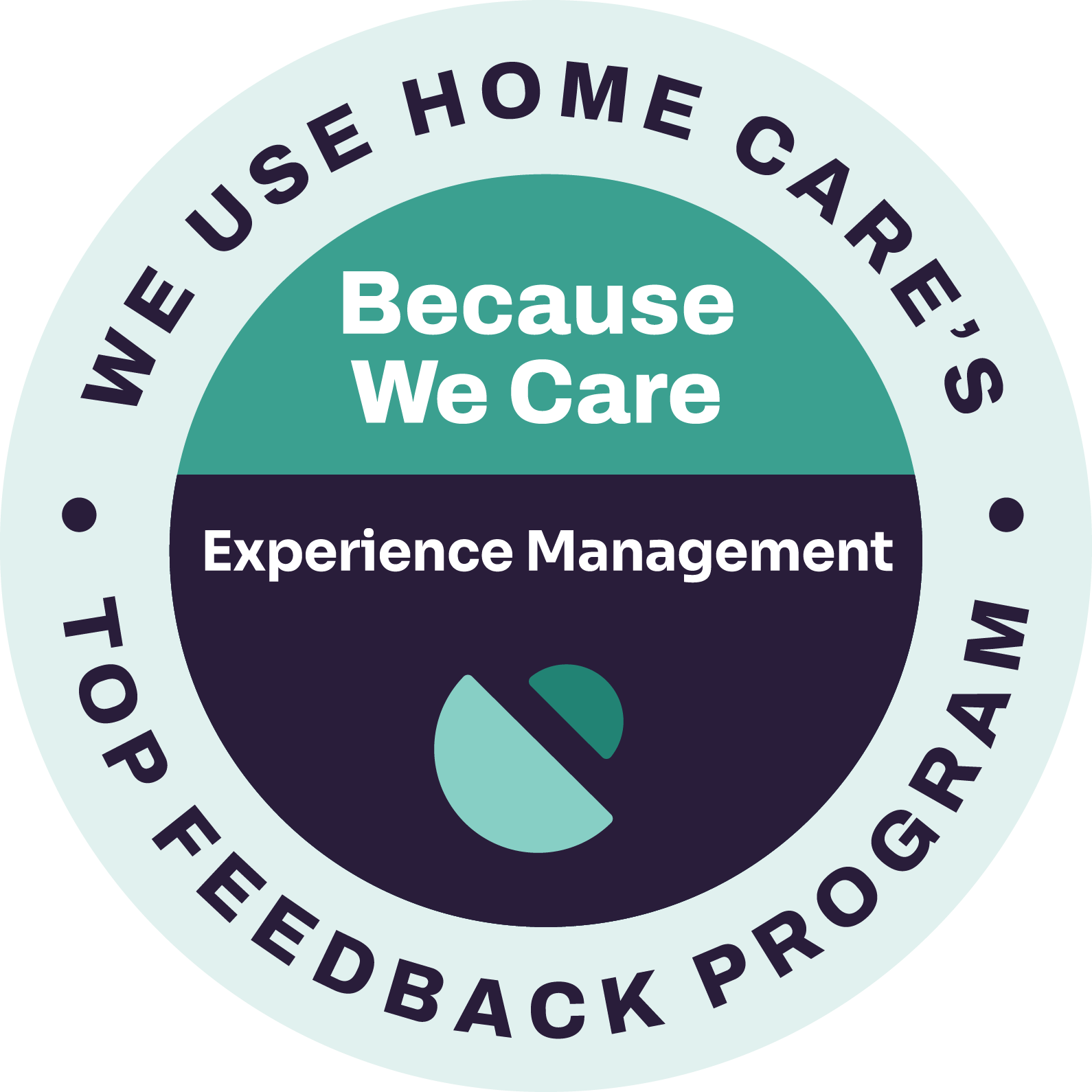You (or your loved one) want to remain in your home, but due to aging or disability, may not be able to continue to do so safely on your own. Arranging in-home care is your best solution. Explore insider advice and tips for finding the right in-home care provider for your specific situation.
Understanding Your Needs
Even before you begin researching providers, it’s essential to have a clear understanding of the care you need and want. Consider the following:
- Level of care: Are you seeking assistance with daily living activities like bathing, dressing, cleaning, laundry, companionship, and occasional transportation? Or do you require more specialized care, such as Hoyer lift, diabetes, or dementia care experience?
- Frequency of care: When will care be needed – mornings…evenings…overnight? How often would you like to receive care services? Is it for a few hours a day, several days a week?

- Your goals: Beyond your essential care needs, you have goals. You want to rely less on family for care so that you can focus on those relationships. Maybe you want to regularly attend get-togethers but arranging rides is a hassle. Or perhaps your goal is to eat healthier and rely less on frozen entrees. Your goals are important!
- Budget: Determine your budget for in-home care. This will help you decide on the frequency of care and providers that fit within your financial means.
Read more: 9 Ways of Paying For In-Home Care.

Research and Recommendations
- Ask for referrals: Reach out to friends, family, and healthcare providers for recommendations. The community at your local senior center may also have suggestions. Personal experiences can provide valuable insights.
- Utilize online resources: Websites like Caring.com and AgingCare.com offer directories of reputable in-home care providers.
- Check local listings: Search for in-home care providers in online directories such as Google and Bing.
- Contact your local Area Agency on Aging: Your area agency can provide information about local resources and assist with finding qualified providers.
Eastern Nebraska Office on Aging (Omaha)
Connections Area Agency on Aging (Council Bluffs)
The League of Human Dignity (Omaha and Lincoln)
Aging Partners (Lincoln)
Aging Resources of Central Iowa (Des Moines)
Narrow Down the List of Providers
There are lots of potential home care providers. Your first decision is whether to have a private individual or home care agency providing care services. Individual Caregivers usually charge less per hour, but you’ll need to do your own background checks and verify that they are insured. Additionally, when hiring a Caregiver directly, you are the employer. You’ll be responsible for handling Social Security, Medicare, and other employment-related taxes and filing and issuing a W-2… (Read more – Independent Caregivers or Agency Caregivers For In-Home Care?)
Trustworthy home care agencies have websites. Visit them! There, you can learn more about the company, services offered, and caregiver training/continuing education. Leading agencies also provide articles and resources on various aging and disability-related topics to help you make the best care decisions.
From your research, make a manageable list of the 2-3 care providers to meet with.

Interview Potential Providers
Once you’ve identified your top care providers, schedule interviews to learn more about their services and qualifications. Ask about:
- Experience and qualifications: How long has the provider been in business? What are their caregivers’ qualifications and training?
- Services offered: Do they offer all of the specific services you want and need?
- Communication and supervision: How can you contact office staff? Is there an after-hours phone number, and is it answered by their staff or an answering agency? How can family members stay in the loop? Will there be a supervisor overseeing your care?
- Emergency procedures: What is their plan for handling emergencies?
Download: 20 Questions To Ask Non-Medical In-Home Care Providers
Home Visits and Assessments
Many providers offer complimentary home visits to assess your needs, determine the appropriate level of care, and answer your questions. While they are there to asses your care needs, finding the right in-home care provider also hinges on your assessment of them. This is a great opportunity to evaluate their overall professionalism and get a better feel for the company.
Consider the Contract Terms

While no one enjoys reading contracts, they exist to protect the interests of both parties. For in-home care, there are some important terms to look for.
- Minimum number of care hours per week. To fit their business model, some providers require a minimum number of care hours to be provided per week. This may not work for you if your needs or budget are minimal.
- Contract term. 1-year contracts are common, and most of those contracts automatically renew until canceled.
- Termination. Look at what is required to cancel care services. Look also at the length of notice (timeframe) that must be given before terminating services.
- Rates and fees. The contract should specify the rates and any additional fees that might be incurred. It should also identify how future rate changes are handled.
- Deposits and/or enrollment fees. It is common for a deposit equal to the initial 2-4 weeks of estimated care services to be collected in advance. Additionally, some providers charge an enrollment fee to help offset the administrative costs of bringing on a new client.
- Billing and payment methods. How often are invoices for the services provided sent? Are they sent by postal mail, or digitally? What payment methods are offered (e.g. check, automatic bank draft, credit care,) and for some individuals, what payer sources are accepted (e.g. Medicaid, VA, long-term care insurance, etc.)
- Dispute resolution. How are disputes handled?
Ongoing Evaluation
Your desired care can change over time. Post-discharge from rehab, you may want to scale back care services as you complete your recovery. Or you may find you would like additional assistance and want to increase care. Flexibility from your provider is key.
Regular evaluation of the in-home care services is also important. At a minimum, you and your care provider should meet annually to reassess your care needs and adjust your care plan as necessary.
Finding the right in-home care provider is an important step in ensuring your well-being and safety. By following these guidelines and conducting thorough research, you can confidently select a provider that meets your needs and provides quality care.
Some people, even after doing their research, are still unsure if in-home care is right for them. That’s why Sunlight Senior Care introduced TEST DRIVE, the opportunity to try our care services for 2 weeks and then decide to move forward with uninterrupted care or to discontinue care with no further obligation. Read more about TEST DRIVE!






